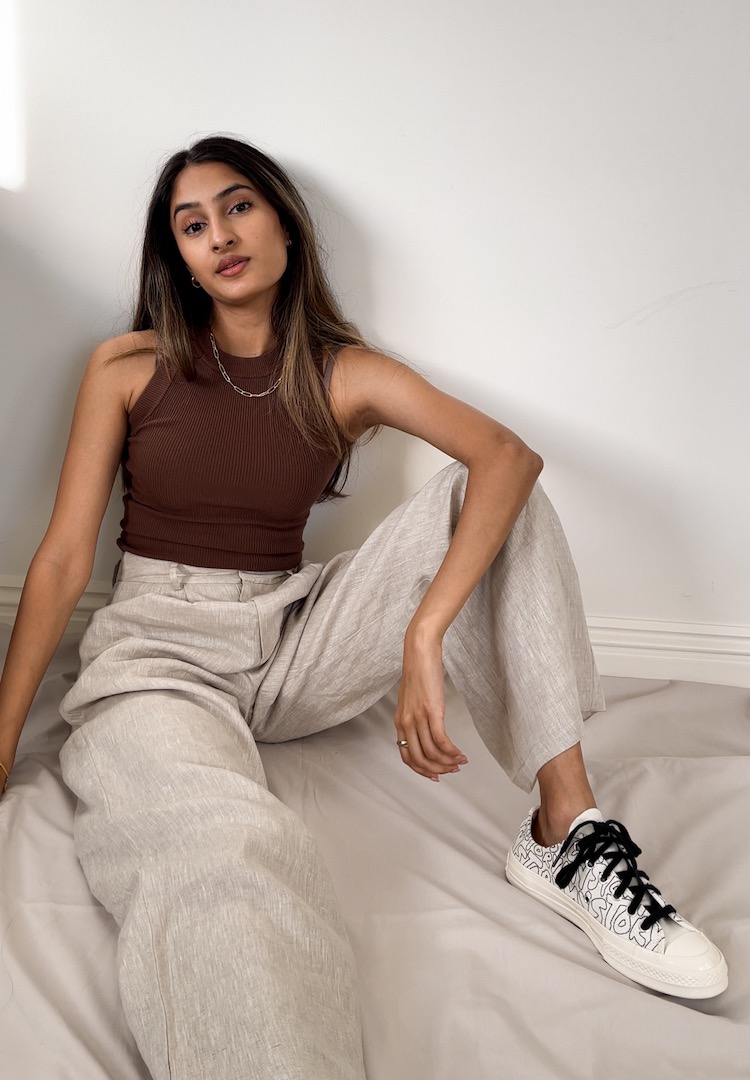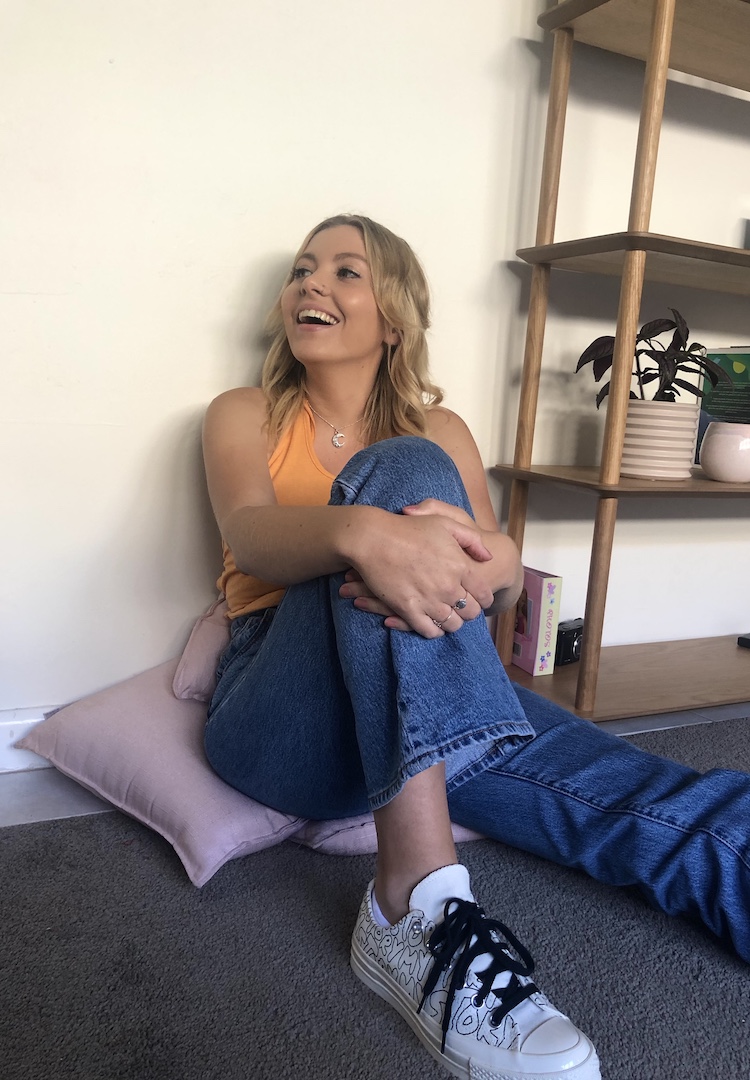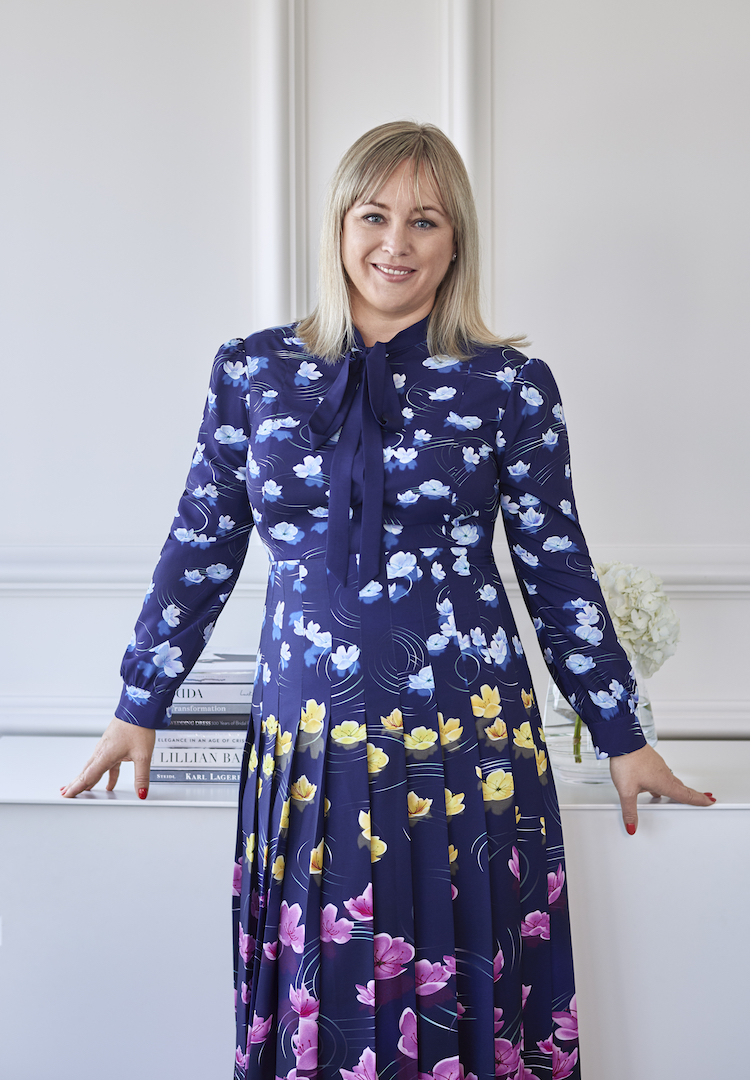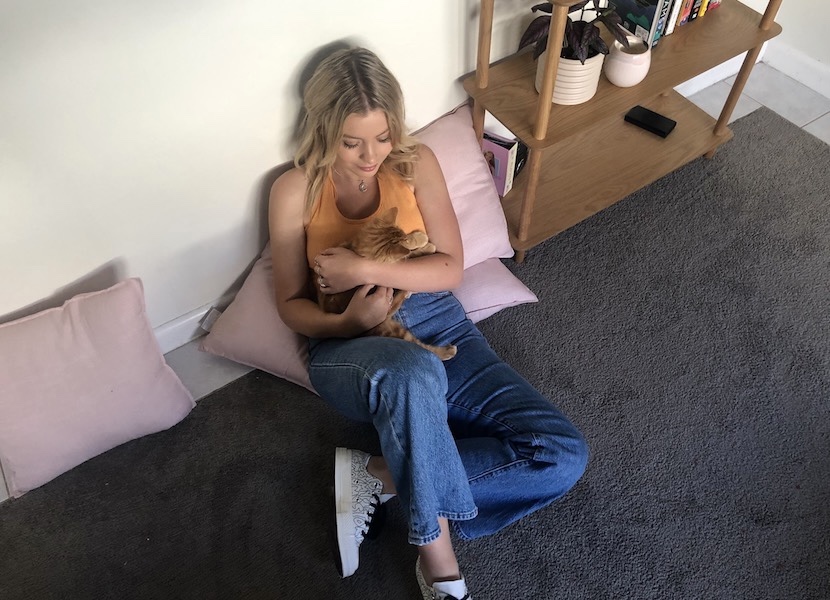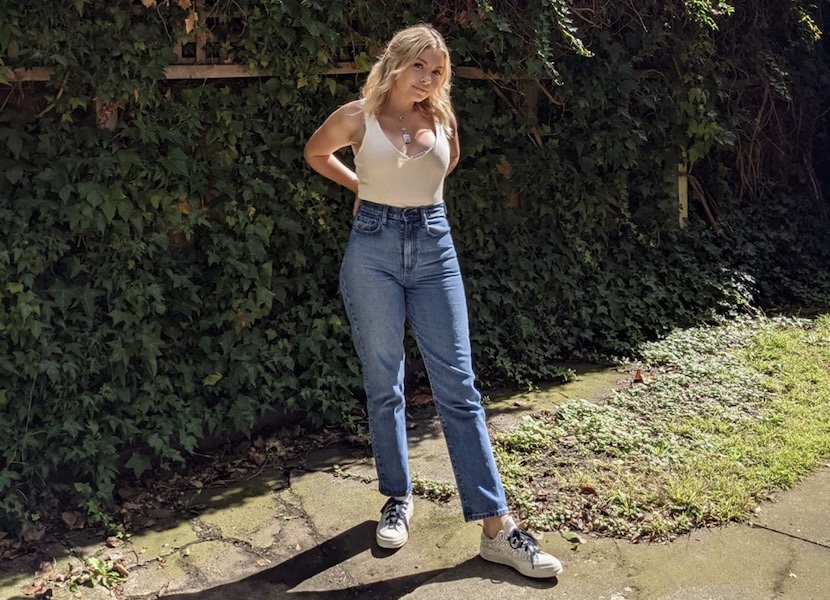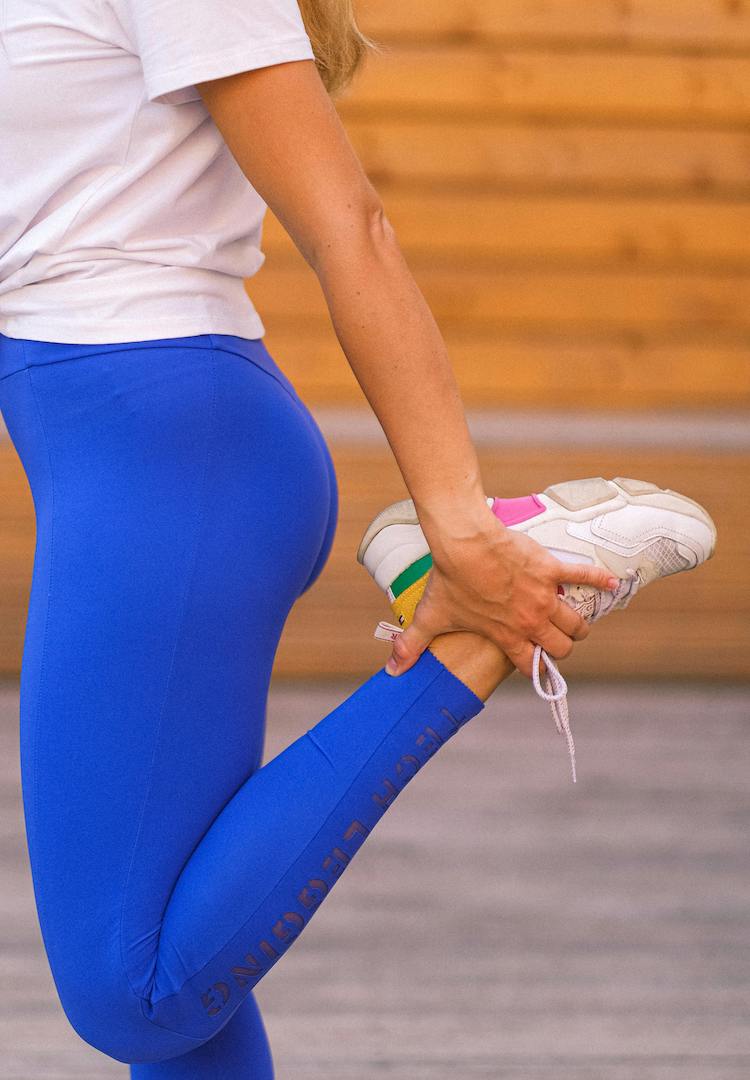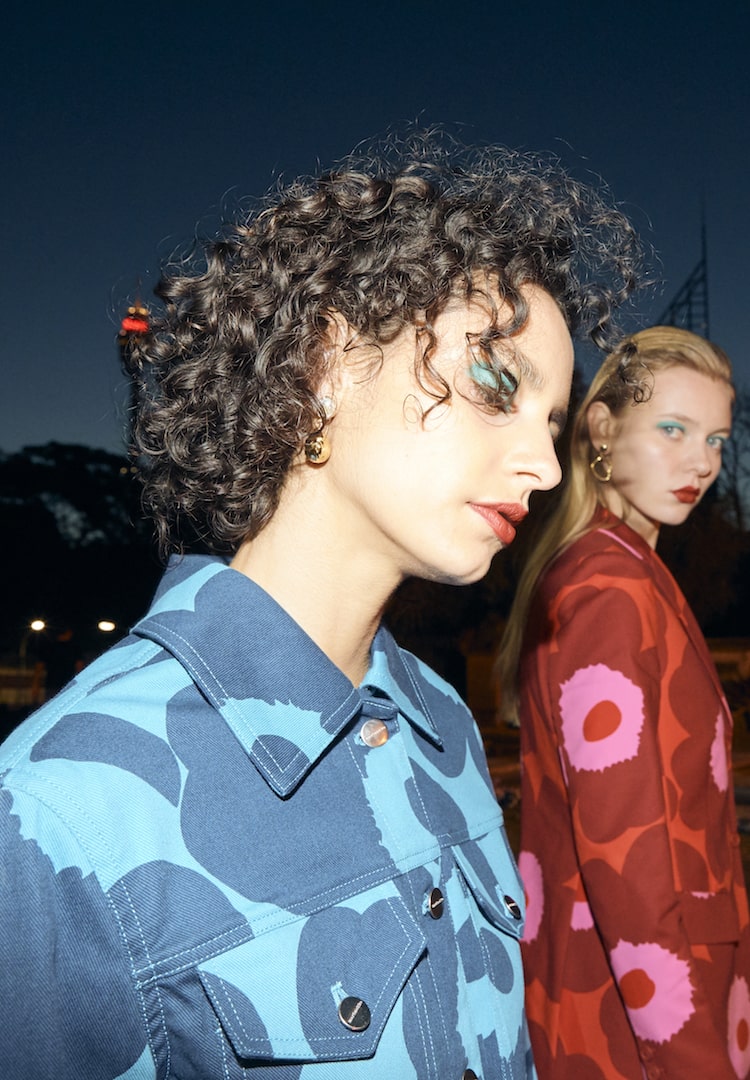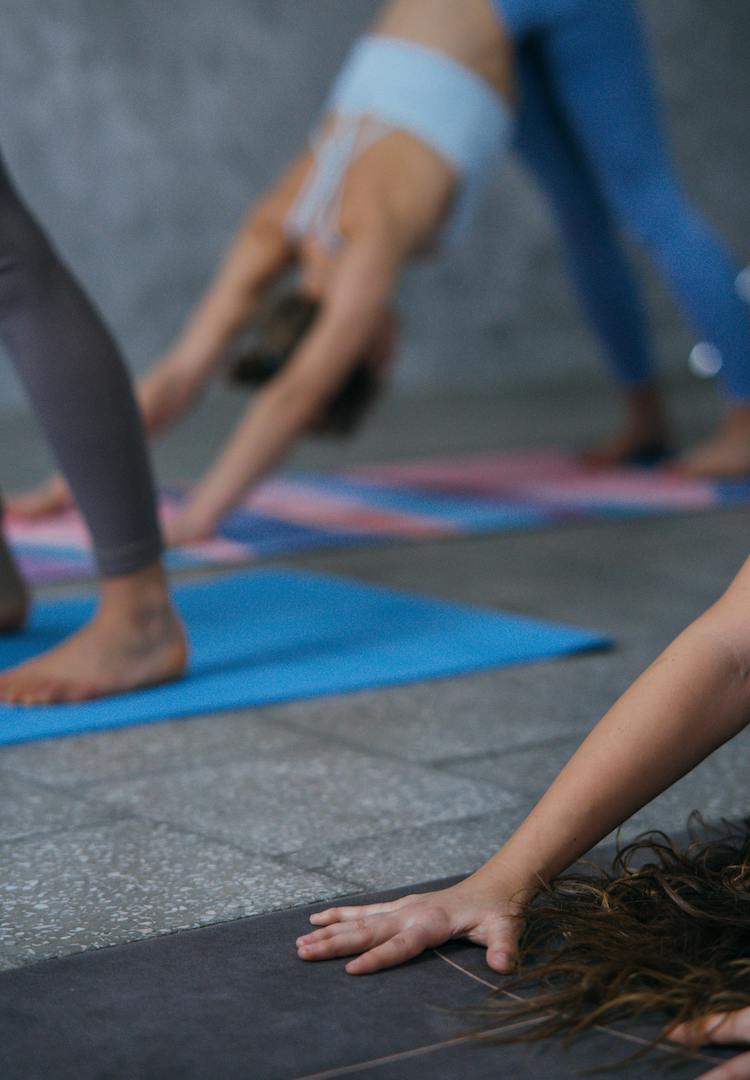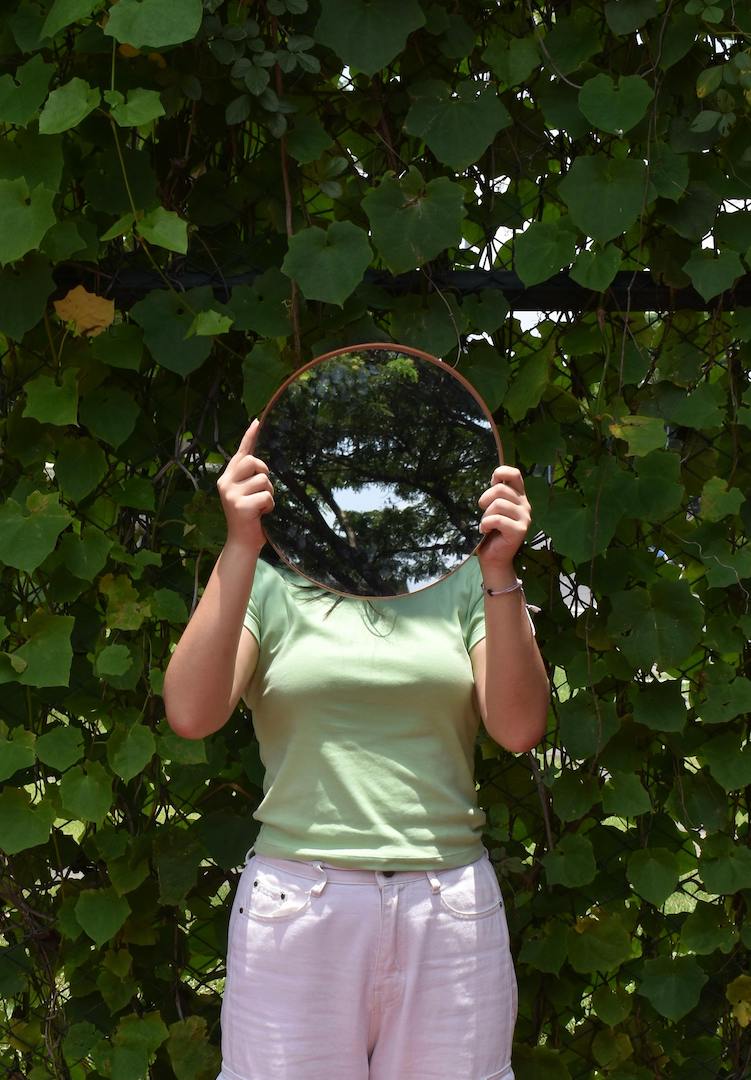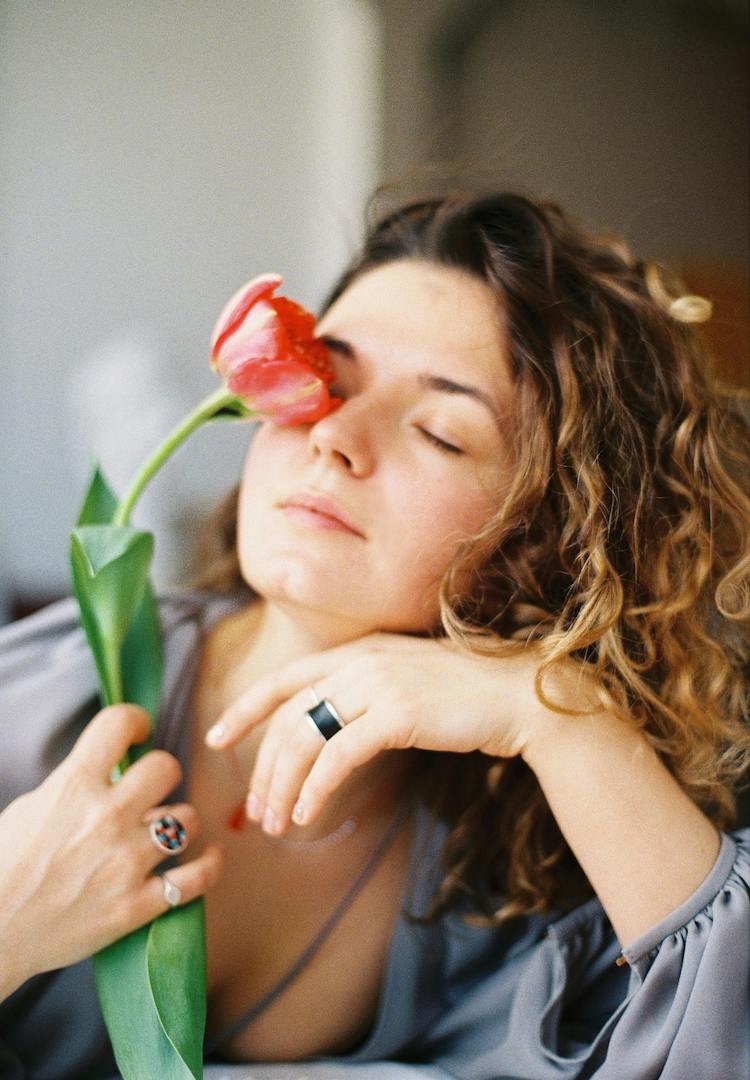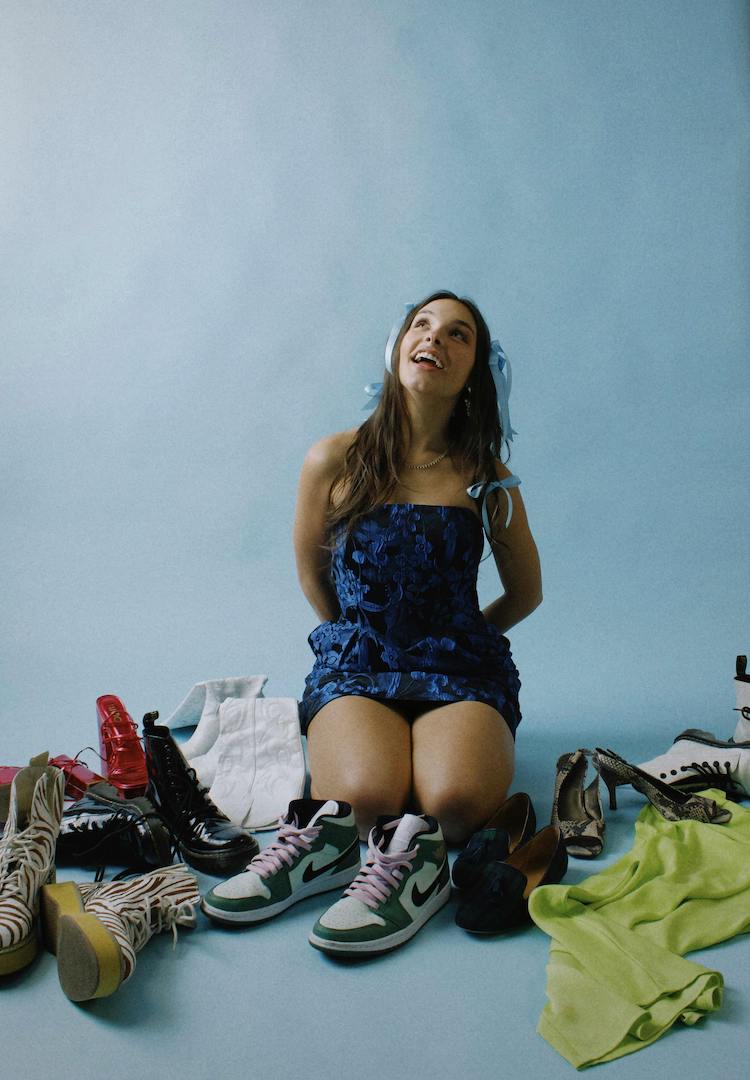The cancer diagnosis that changed my relationship with my body
WORDS BY EMMA FITZGERALD
“For the first time in my life, feeling strong mattered so much more than looking small.”
For International Women’s Day, Converse launched its My Story collection, a female-designed reimagining of the classic Chucks. Inspired by fearless, bold and independent womxn, My Story helps give you the words and colours to tell your own story. To celebrate this release, we’ve given Fashion Journal readers the opportunity to have their own story published in our pages. Here, Emma Fitzgerald tells us about how her ovarian cancer diagnosis allowed her to confront the way she viewed her body.
In kindergarten, I cried to my teacher during lunch. I was afraid I was eating too much and my stomach was going to get big. In primary school, I refused to participate in school swimming, convinced I’d be the subject of vicious taunts and humiliation if my classmates got a glimpse of me in bathers.
For as long as I can remember, I’ve had a fraught relationship with my body. This only got worse as I grew older, and I spent my formative years filled with concerns about being disproportionately bottom-heavy and in pure disgust of my stomach.
Looking for some similarly thought-provoking reads? Subscribe here and we’ll send them straight to your inbox.
Like many others, I had taken to daily exercise routines as a way of coping during the pandemic. I threw myself into online Pilates classes, weight training and long walks. I was fitter than I’d ever been and weighed in at 54 kilograms. Even with all this hard work, I felt like my stomach was protruding further than ever before.
I’d stand in front of the mirror and scrutinise my body from various angles. Was I not doing enough ab exercises? Was it period bloating? Was it my diet? I came to the same conclusion every time; I was lazy and needed to incorporate more cardio into my workouts.
Then one day, while I was doing an ab workout, the pain hit me. It wasn’t subtle or gradual, it was all at once and it was agonising. It felt as though someone had taken a knife directly to my lower abdomen. I lay on the ground, held my legs to my chest and tried to breathe through it. Something was very wrong.
Upon examination, my GP felt a large mass on the right side of my abdomen. My stomach was completely distended to one side. She was in disbelief. How had I not come in earlier? I explained that I’d dismissed it as lockdown weight gain and that I’m always lamenting how big my stomach looks.
Had I been eating regularly? Well, no, I didn’t really have much of an appetite. What about sleep? I was sleeping a minimum of 12 hours a night but again, I attributed it to the pandemic. I was emotionally exhausted and figured that translated directly into physical exhaustion. This is happening to everyone, right? No, it’s not.
The next week was a flurry of scans, tests and appointments. The pain was worsening and when my GP directed me to the ER, I was sent home with Panadol. It was the middle of Melbourne’s second wave and they didn’t want anyone lingering in hospital if they could avoid it. They would review my case and a specialist would contact me.
It was days before I heard anything. I told myself no news was good news, and if it was anything to worry about, they’d have contacted me by now. I was wrong. The doctor started the call by asking me to sit with my family so I would have some emotional support. I should have known this was a bad sign but I arrogantly told him to go ahead.
I was confident I could handle whatever he was going to say. He proceeded to tell me it was cancer, that it had already spread and it was bad. My heart stopped and a wave of fear washed over me. The rest of the phone call was a blur of medical jargon and further appointment setting. Are there any questions? I asked if there was any good news. I needed a sliver of hope. Maybe they caught it early. Maybe I have the best possible medical team behind me. No, Emma. This is serious. There is no good news.
The following week I was admitted to the hospital after my biopsy caused an internal bleed. Surgery came shortly after and resulted in the removal of my left ovary and fallopian tube, omentum, appendix and a cyst from my right ovary that had grown to 13cm in diameter. One of the surgeons commented that my abdomen was so severely bloated when she initially saw me on the operating table, she was convinced I was pregnant.
Nothing could prepare me for the discomfort I would feel in my own skin after surgery. The incision ran from above my belly button down to below my bikini line. When I left the hospital, I weighed 48 kilograms. I felt so frail and incredibly swollen all at once. The doctors told me it would take time until I would feel like myself again, that I would have to be patient. I wasn’t comforted by the assurance of its temporary nature – I couldn’t stand the feeling of fragility.
The turning point didn’t come until months later when I was given the approval to start exercising again. I began seeing an exercise physiologist and for the first time in my life, feeling strong mattered so much more than looking small.
I often think about how things would be different if I had been kinder to myself. If instead of dismissing my symptoms as weight gain, I’d questioned what my body was going through. If instead of upping my exercise regime, I’d gone to my doctor and asked for her help. Would they have caught it earlier? Doctors rarely go looking for ovarian cancer in women my age; it’s uncommon for anyone under 40. Still, it’s hard not to believe things would’ve worked out differently if I’d listened to my body instead of punishing it.
My stomach looks different now. I’d be lying if I said I wake up each morning in love with every inch of myself. Some days I long for a body untouched by illness. Other days I’m overwhelmed with pride for how far I’ve come. I have a body that never gave up, a body that fought every single day. The scar is nothing more than a thin, pink line to remind me of my trip to hell and back.
If you’re struggling with an eating disorder or body image issues, you can call the Butterfly National Helpline at 1800 33 4673 for free and confidential support, or email or chat to them online here.
View Converse’s My Story range here.

